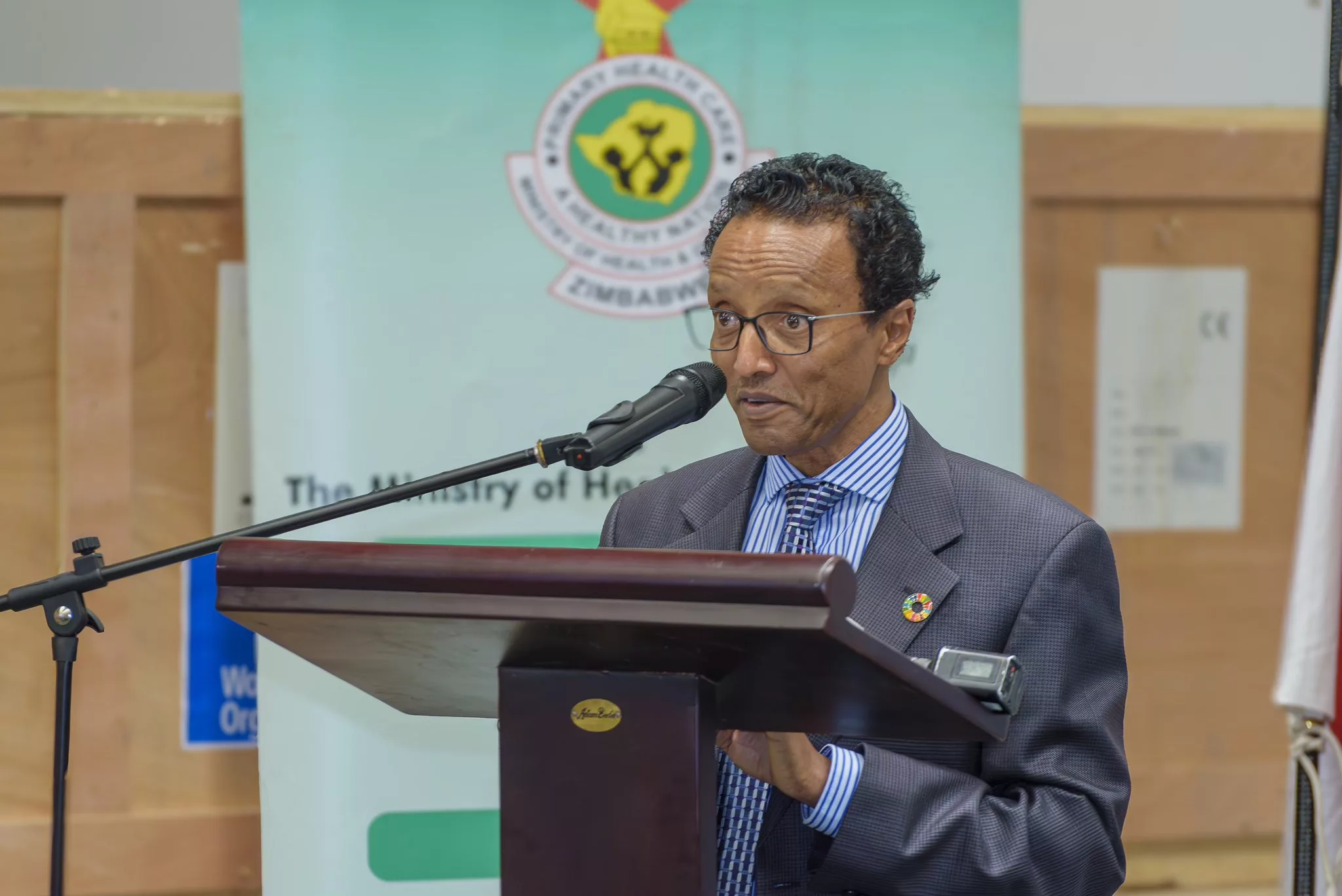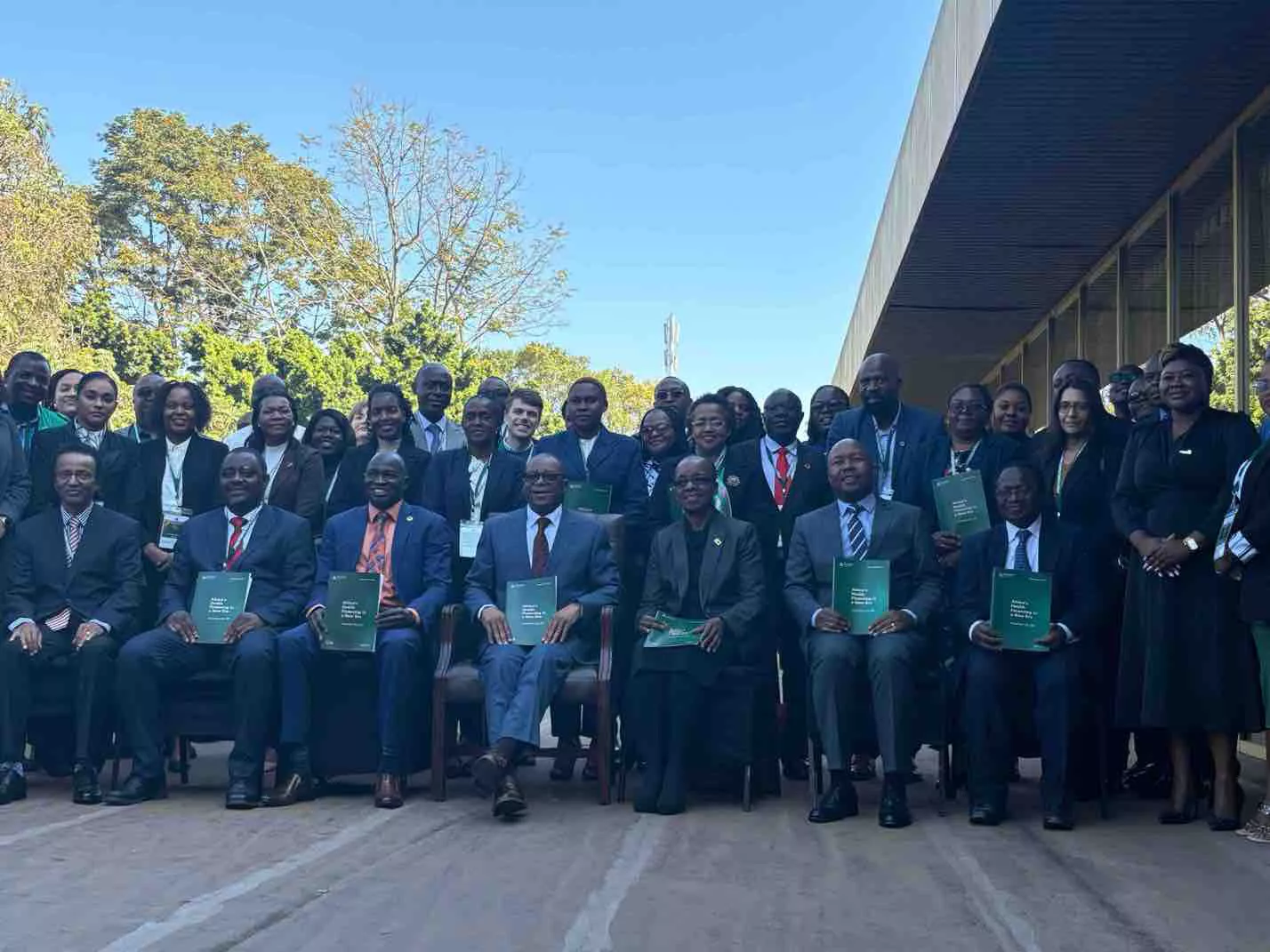By Byron Mutingwende
An African-led HIV Prevention Research Advocacy Network (AfNHi), whose vision is an African continent Free of new HIV Infections has said that there is need to invest and scale up the prevention and treatment of HIV.
Available statistics reveal that of the estimated 36.7 million people living with HIV/AIDS globally in 2015, 25.6 million live in sub-Saharan Africa. Also, 1.37 million (65%) of 2.1 million new infections that occurred worldwide in 2015 occurred in sub-Saharan Africa. Sub-Sahara continues to bear the greatest burden of HIV infection. If we want to reverse this trend, there is a critical need to invest and scale up prevention and treatment of HIV.
AfNHi reckons that a preventive HIV vaccine is an essential component of a long-term end to the HIV epidemic. Such a vaccine would teach the immune system to create responses that prevent the virus from establishing infection in the body.
“No licensed preventive HIV vaccine exists at present. However, there are ongoing efforts at developing a HIV vaccine. More than 30 years has been invested in HIV research efforts. Vaccine research is a long and enduring effort. The HIV vaccine and research development is not different. An HIV vaccine is both possible and essential.”
In 2009, a clinical trial known as RV144 achieved proof-of-concept that a preventive HIV vaccine is possible, and, since then, researchers have continued to build on the results of that trial. There are three ongoing researches testing concepts for HIV vaccine development. These researches are taking place in countries in Africa and North America. However, if and when a HIV vaccine is developed, the product will and should be effective for all persons. This is the goal of all stakeholders working in the field of HIV vaccine development.
“While we wait for a HIV vaccine, global coverage of HIV treatment, care and existing prevention options needs to continue to increase and expand; and we should witness less of new HIV infections and deaths from AIDS. The tools we have can make significant difference if we ensure they get into the hands of those who need it. These tools are making significant differences in country’s HIV epidemic profile when barriers to their access are addressed. We need to support access of all persons to any HIV prevention tool appropriate for their use – pre-exposure prophylaxis, post exposure prophylaxis, STI diagnosis and treatment, male and female condoms, HIV treatment as soon after diagnosis,” the research advocacy body said.
It added that HIV vaccine development and eventual rollout of a successful vaccine requires sustained financial support. Developing a successful vaccine is not cheap, but an HIV vaccine will pay huge dividends in lives saved. Modeling research estimates that in some parts of the world, an effective HIV vaccine could reduce new annual HIV infections by nearly half in its first 10 years, averting tens of millions of infections. We can’t afford to slow down promising and urgently needed research.
AfNHi recognizes the importance and place of HIV vaccine in the efforts towards ending HIV by 2030.
“The end of HIV is only feasible with a HIV vaccine. It will take concerted efforts from all partners to make the successful development, testing and rollout of a safe, effective, licensed HIV vaccine accessible. Civil Society has a role to play in leading the charge in this campaign. Funding product development and clinical trials alone is not enough. AfNHi encourages the investment of all stakeholders in the HIV vaccine research and development process now.”






